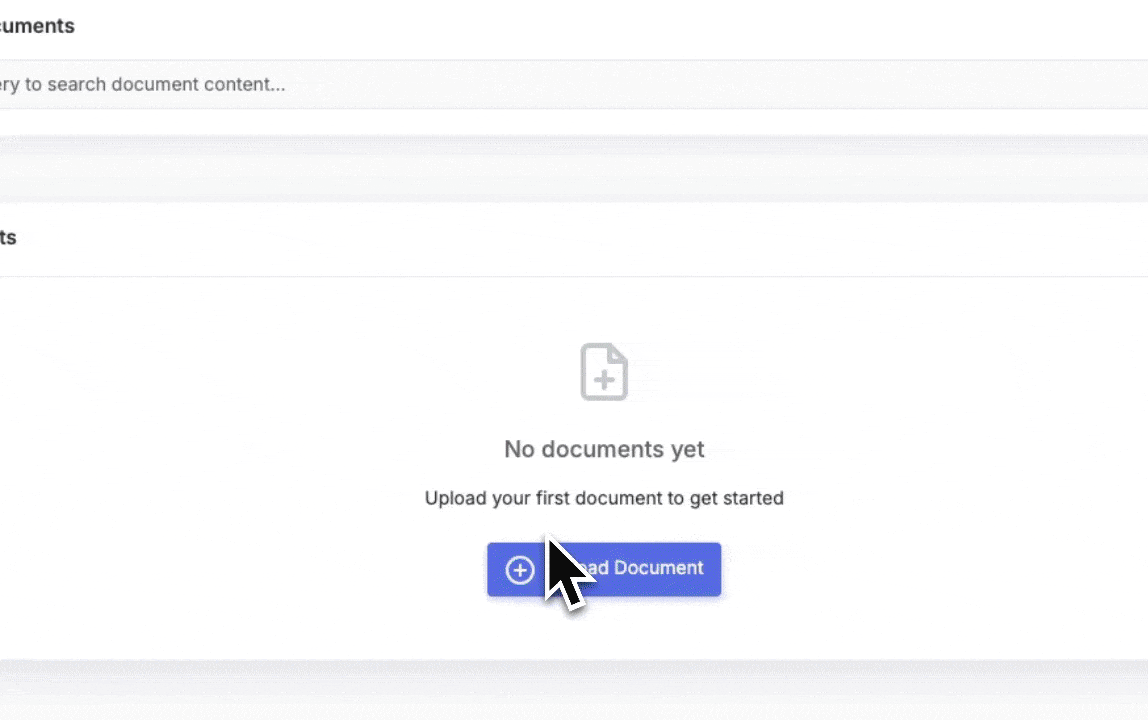Used by over 300+ companies

Pelayar is your intelligent work assistant that helps you complete tasks faster. Generate PowerPoint presentations, conduct in-depth research, create Excel spreadsheets, analyze documents, and more, all in minutes instead of hours.
Used by over 300+ companies

Your AI work agent that handles your most time-consuming tasks. From generating PowerPoint presentations and conducting deep research to creating Excel spreadsheets and analyzing documents—Pelayar helps you work faster and smarter.
See how professionals transform weeks of work into hours
Upload recordings → AI transcribes with speaker identification
All files organized in one research workspace
AI analyzes across all project files










Your AI data analyst that extracts data from any source, cleans it, and generates Excel-ready spreadsheets with formulas, charts, and insights—all in minutes.
Perfect for finance, operations, data science, and business intelligence. Export to Excel with formulas, charts, and formatting ready to use.
Your central knowledge hub and enterprise knowledge management system. Store video analyses, transcriptions, documents, pictures, and organizational knowledge all in one secure workspace. Share projects with your company or specific team members for seamless collaboration.

Transform your research insights into professional PowerPoint presentations instantly. Give the AI a task, and it will generate comprehensive analyses, key findings, and charts directly from your workspace. Turn hours of research work into presentation-ready slides.
Convert your research audio and video materials to text with top-tier accuracy. Our advanced AI excels at extracting precise text even from low-quality audio and automatically labels speakers with names, gender, and descriptions, ensuring seamless research workflow and comprehensive analysis of your media files.
Extract research insights from your audio and video materials. Transform your media content into accurate, searchable text for deep research analysis. See how Pelayar's accuracy stacks up against the competition.

Unleash the power of video research insights with ease. Upload your MP4 research materials, ask questions, or use a checklist to verify elements and extract specific data points. Advanced technology delivers detailed summaries and actionable research insights. Extract research insights from video materials.
Our platform delivers low latency, high performance AI tools optimized for research workflows that save you valuable time on deep analysis tasks.
Your research data never leaves your control. All processing is done with strict privacy controls and encryption, ensuring your personal files remain secure.
Built with the latest advancements in technology, purpose-built for deep research analysis.
Choose the perfect plan for your AI processing needs. Start free, upgrade anytime.
15,000 credits
100,000 monthly credits
350,000 monthly credits
900,000 monthly credits
3,600,000 monthly credits
9,150,000 monthly credits
Tailored for your business
Estimate how many credits you'll need monthly to choose the right plan
This calculator helps you understand monthly credit consumption. Choose a plan that fits your estimated usage.
Estimated credits needed
Credits refresh every month. Use them anytime during your billing cycle.
Start free and upgrade when you need more credits and features.
No long-term commitments. Cancel your subscription whenever you want.
Your AI work agent is ready to help you generate presentations, conduct research, create spreadsheets, and automate your workflow. Get more done in less time.